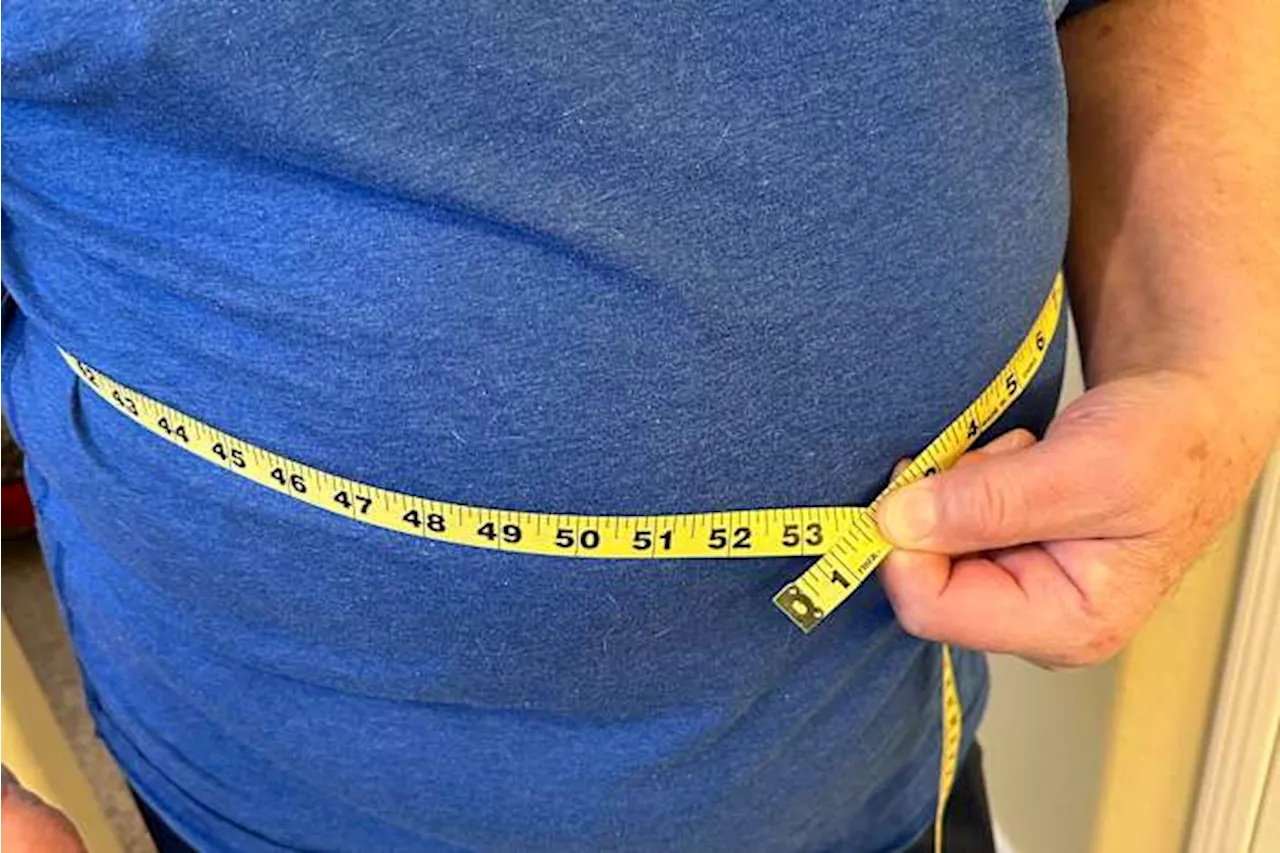An international panel of 58 scientists argues that using Body Mass Index (BMI) to diagnose obesity is outdated and should be replaced with measuring adiposity, which considers how excess body fat affects the body. The panel states BMI is too simplistic and can both underestimate and overestimate obesity, leading to inaccurate health assessments.
Using the Body Mass Index to diagnose obesity should go the way of blood-letting, an international panel of 58 scientists argued in the British medical journalDoctors should instead measure how excess body fat affects the body — a measurement called adiposity. Physicians have used BMI in part because it’s a simple calculation that compares weight relative to health.
The American Medical Association issued a complementary report two years ago. That report was less concerned with using adiposity as a tool and more focused on differences between categories of people. Perhaps the biggest cause of contention with BMI is the ways it fails to distinguish weight from muscles versus fat.
OBESITY ADIPOSITTY BMI HEALTH SCIENCE
United States Latest News, United States Headlines
Similar News:You can also read news stories similar to this one that we have collected from other news sources.
 Say Bye to Just BMI: Experts Call for a Major Shift in How We Measure ObesityAn international and widely supported group of experts is pushing doctors to avoid the exclusive use of BMI to decide whether someone has obesity, alongside other major changes.
Say Bye to Just BMI: Experts Call for a Major Shift in How We Measure ObesityAn international and widely supported group of experts is pushing doctors to avoid the exclusive use of BMI to decide whether someone has obesity, alongside other major changes.
Read more »
 Experts Propose New Obesity Definition, Shifting Focus Away From BMIA new report from leading experts suggests a shift away from relying solely on BMI to diagnose obesity. While BMI will remain a preliminary screening tool, the recommendations emphasize additional measures like waist circumference, body fat percentage, and the impact of weight on daily activities. The report, published in The Lancet Diabetes & Endocrinology journal, highlights the limitations of BMI in accurately assessing an individual's health status, particularly when muscle mass is significant. This updated approach aims to provide a more comprehensive and nuanced understanding of obesity, acknowledging the diverse body compositions and health implications.
Experts Propose New Obesity Definition, Shifting Focus Away From BMIA new report from leading experts suggests a shift away from relying solely on BMI to diagnose obesity. While BMI will remain a preliminary screening tool, the recommendations emphasize additional measures like waist circumference, body fat percentage, and the impact of weight on daily activities. The report, published in The Lancet Diabetes & Endocrinology journal, highlights the limitations of BMI in accurately assessing an individual's health status, particularly when muscle mass is significant. This updated approach aims to provide a more comprehensive and nuanced understanding of obesity, acknowledging the diverse body compositions and health implications.
Read more »
 Redefining Obesity: Moving Beyond BMIA global commission has redefined obesity, emphasizing the importance of body fat distribution and the presence of health problems. This new framework distinguishes between clinical and pre-clinical obesity, paving the way for personalized and more effective prevention, management, and treatment strategies.
Redefining Obesity: Moving Beyond BMIA global commission has redefined obesity, emphasizing the importance of body fat distribution and the presence of health problems. This new framework distinguishes between clinical and pre-clinical obesity, paving the way for personalized and more effective prevention, management, and treatment strategies.
Read more »
 New Obesity Guidelines Move Beyond BMIRevised recommendations shift focus from solely BMI to a more comprehensive assessment incorporating waist circumference and health indicators linked to excess weight.
New Obesity Guidelines Move Beyond BMIRevised recommendations shift focus from solely BMI to a more comprehensive assessment incorporating waist circumference and health indicators linked to excess weight.
Read more »
 Obesity won't be solely defined by BMI under new plan for diagnosis by global expertsNew recommendations on how to define obesity would reduce the emphasis on body mass index and also take into account health problems from extra weight and other measurements.
Obesity won't be solely defined by BMI under new plan for diagnosis by global expertsNew recommendations on how to define obesity would reduce the emphasis on body mass index and also take into account health problems from extra weight and other measurements.
Read more »
 New obesity definition proposed, shifting focus from BMIGlobal experts propose a new definition of obesity that goes beyond BMI, incorporating waist circumference and evidence of health problems. This aims to better identify individuals who require treatment for obesity-related health issues.
New obesity definition proposed, shifting focus from BMIGlobal experts propose a new definition of obesity that goes beyond BMI, incorporating waist circumference and evidence of health problems. This aims to better identify individuals who require treatment for obesity-related health issues.
Read more »
